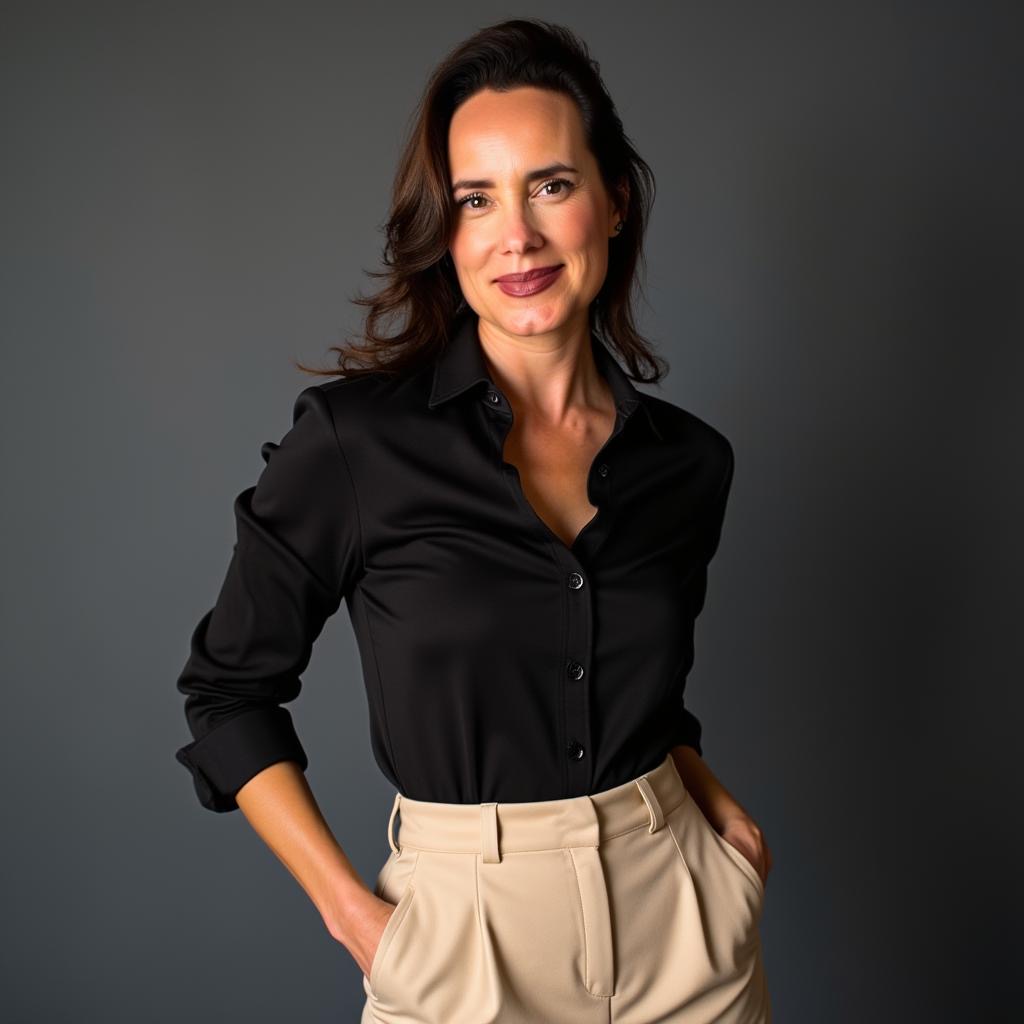

Jeanette Yoffe shared their story and experiences with us recently and you can find our conversation below.
Jeanette, so good to connect and we’re excited to share your story and insights with our audience. There’s a ton to learn from your story, but let’s start with a warm up before we get into the heart of the interview. What do you think is misunderstood about your business?
That people who are adopted should be grateful they left their birth family and were adopted. “They’re ungrateful or difficult.”
Truth: What looks like defiance is often protection. Their behavior is communication about fear, loss, or shame.
Myth: “Once they’re adopted, everything is fixed.”
Truth: Adoption ends a legal process, not an emotional one. The body and nervous system still hold the story of separation.
Can you briefly introduce yourself and share what makes you or your brand unique?
My name is Jeanette Yoffe, and I’m a psychotherapist, author, speaker, and former foster youth and adoptee. I’m the Founder and Executive Director of Celia Center, a nonprofit that supports everyone in the adoption and foster care constellation, and the Clinical Director of Yoffe Therapy, a group practice in Los Angeles that specializes in trauma, grief, and attachment.
What makes my work unique is that it’s deeply personal. I grew up in foster care and was later adopted, so my professional mission is rooted in lived experience. I’ve dedicated my life to helping children, families, and professionals understand the emotional impact of separation trauma and build healing relationships through creativity, education, and compassion.
My latest project, “The Traumatized & At-Risk Youth Toolbox”, is a hands-on book filled with therapeutic interventions that make coping clear, creative, and possible for youth.
Ultimately, my work is about transforming pain into purpose helping others understand that healing isn’t just possible, it’s powerful.
Appreciate your sharing that. Let’s talk about your life, growing up and some of topics and learnings around that. What did you believe about yourself as a child that you no longer believe?
As a child growing up in foster care and adoption, I believed I wasn’t “good enough” that somehow, there was something wrong with me that made me unlovable or unwanted. I remember learning about birthmarks one day and realizing I had a large one on my leg. I used to stare at it and tell myself, “See? This is why you weren’t good enough. This is what’s wrong with you. and you were given away.”
That small, tender moment became a symbol of how children make sense of loss with self-blame. Over time, through therapy, self-compassion, and understanding my story, I came to see that my birthmark wasn’t a flaw it was a mark of my existence. I wasn’t “given away” because something was wrong with me; I was placed because the adults around me were struggling with mental health challenges.
Today, I carry that memory as a reminder that healing begins when we rewrite the stories we once told ourselves to survive. Now I know: I was always good enough more than enough.
Was there ever a time you almost gave up?
Yes. When I was 13, my family fostered a little girl who was eventually reunified with her birth mother. Watching her return home was devastating for me, it reopened the wound of my own separation and reinforced the painful belief that “I wasn’t wanted.” I felt invisible and hopeless, and at that time, I attempted to end my life.
That experience became a turning point. I entered therapy for the first time, and it truly saved my life. Having someone bear witness to my pain, help me name what I was feeling, and offer safety without judgment was transformative.
That’s why I became a therapist. I know what it feels like to be lost in grief and confusion, and I also know the power of being seen and supported. My life’s work is now devoted to helping others find that same sense of hope and healing I once thought was impossible.
Alright, so if you are open to it, let’s explore some philosophical questions that touch on your values and worldview. What’s a cultural value you protect at all costs?
A cultural value I protect at all costs is “compassion and empathy” the ability to truly see another person’s point of view. We may not always agree, but we can always “agree to disagree” with respect and understanding.
In my work and my life, I’ve learned that empathy is what bridges the divides between people. It’s how we move from judgment to connection, from fear to healing. When we choose compassion, we create space for everyone’s story to matter and that’s where real change begins.
Okay, so before we go, let’s tackle one more area. Are you tap dancing to work? Have you been that level of excited at any point in your career? If so, please tell us about those days.
Yes! I’m absolutely tap dancing to work these days. Two major things happened this year that have filled me with deep joy and gratitude.
The first is the publication of my new book, “The Traumatized & At-Risk Youth Toolbox”. This book represents over twenty years of developing creative, trauma-informed interventions for children and teens in foster care and adoption. To finally see it come to life in a treatment manual feels like the pinnacle of my work everything I’ve learned, lived, and created now has a home that can reach others. And let me tell you it took a lot of “effort, effort, effort” to make this happen!
I’m also a Psychology Today Blog Contributor for The Inner Life of Foster Care column, where I write about the emotional experiences of children and families navigating separation, adoption, identity, and healing.
It’s been a full-circle moment: what once began as my own healing journey is now helping thousands of others on theirs. That makes me excited every single day to do what I do.
Contact Info:
- Website: https://www.jeanetteyoffe.com
- Instagram: https://www.instagram.com/jeanetteyoffe/
- Linkedin: https://www.linkedin.com/in/jeanetteyoffe/
- Twitter: https://x.com/JeanetteYoffe
- Facebook: https://www.facebook.com/jeanette.yoffe
- Youtube: https://www.youtube.com/@Jeanette-icallySpeaking
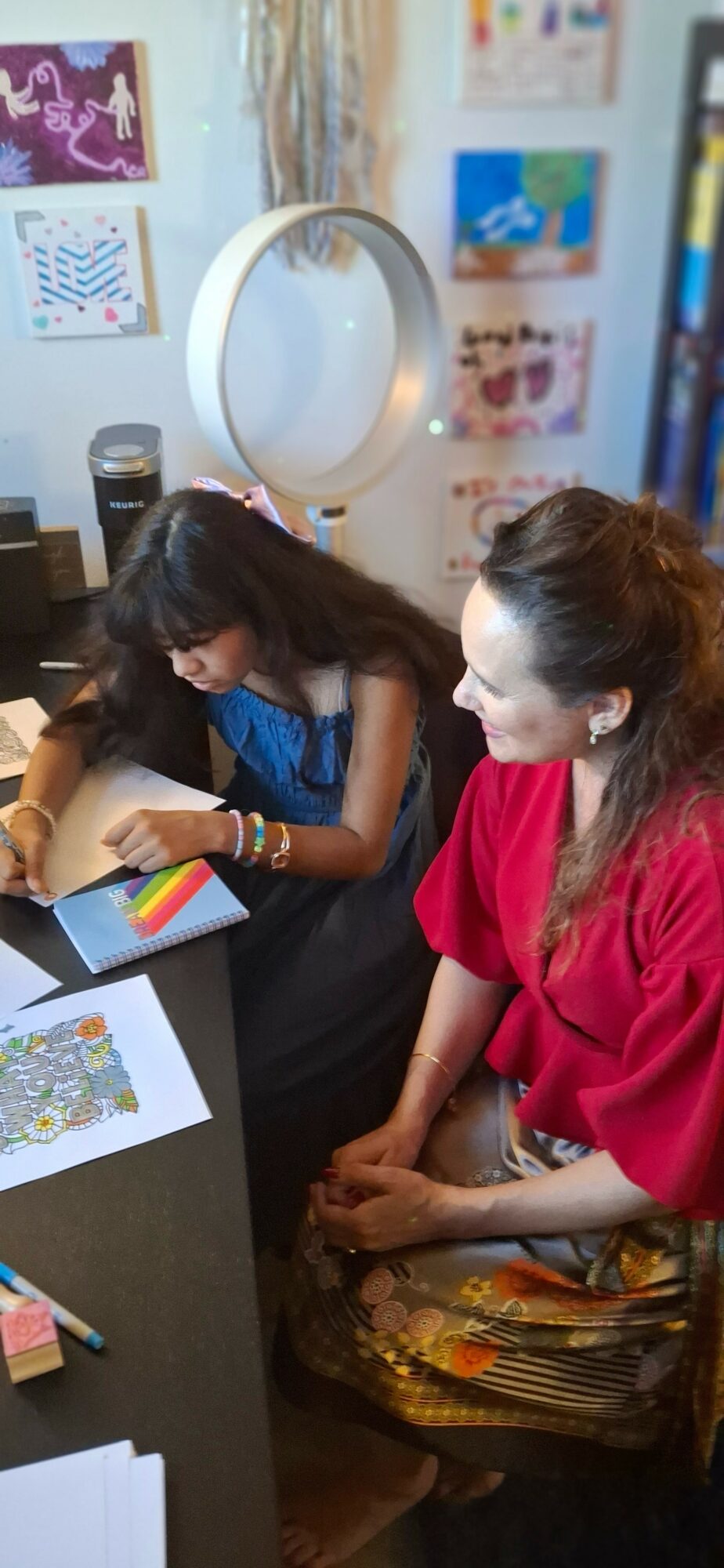
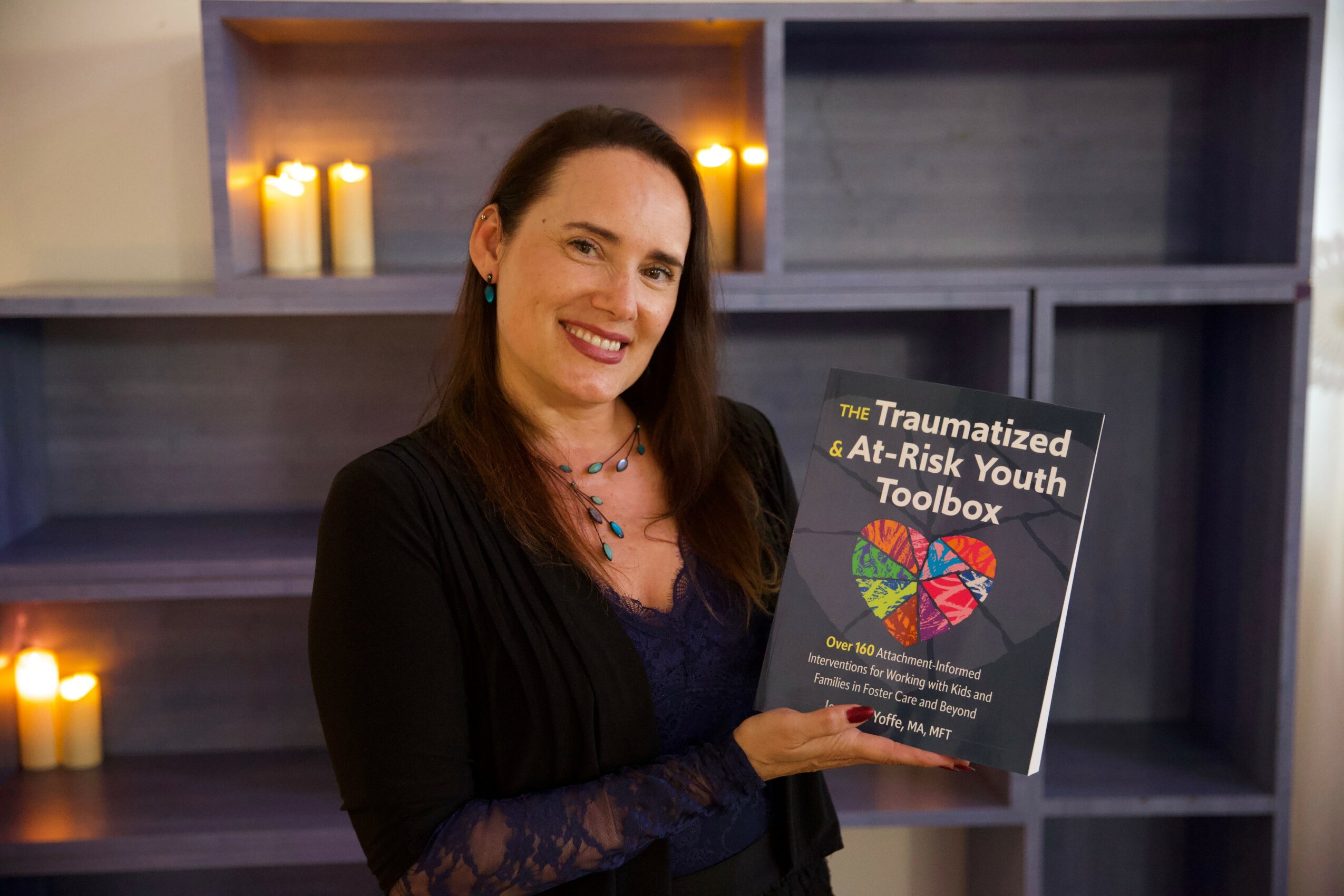

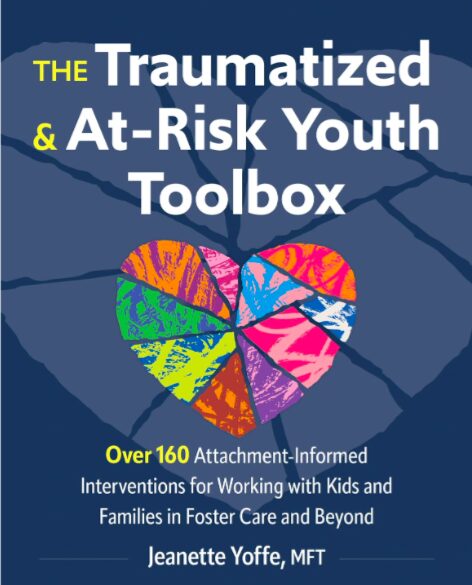

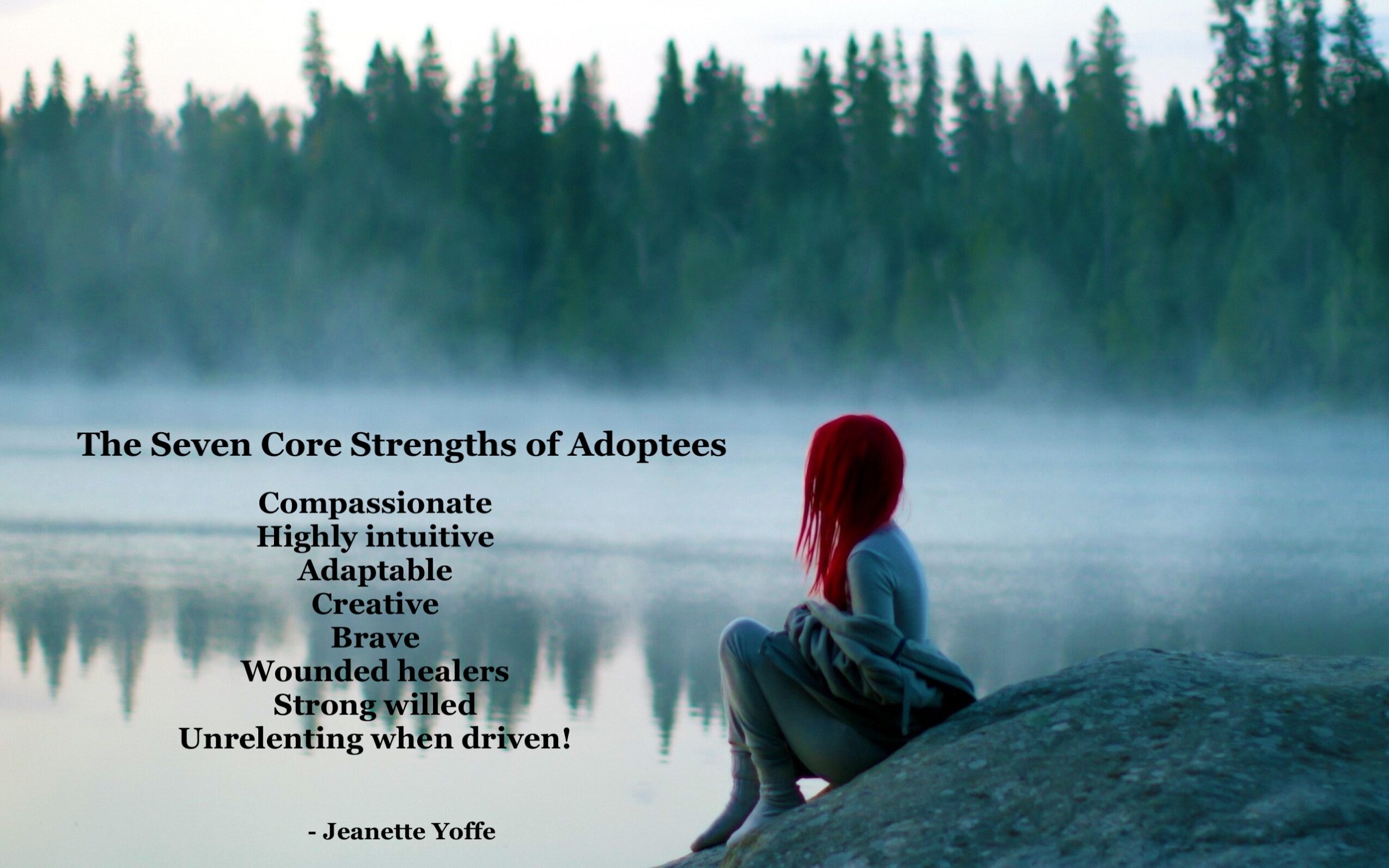
Image Credits
Jeanette Yoffe














